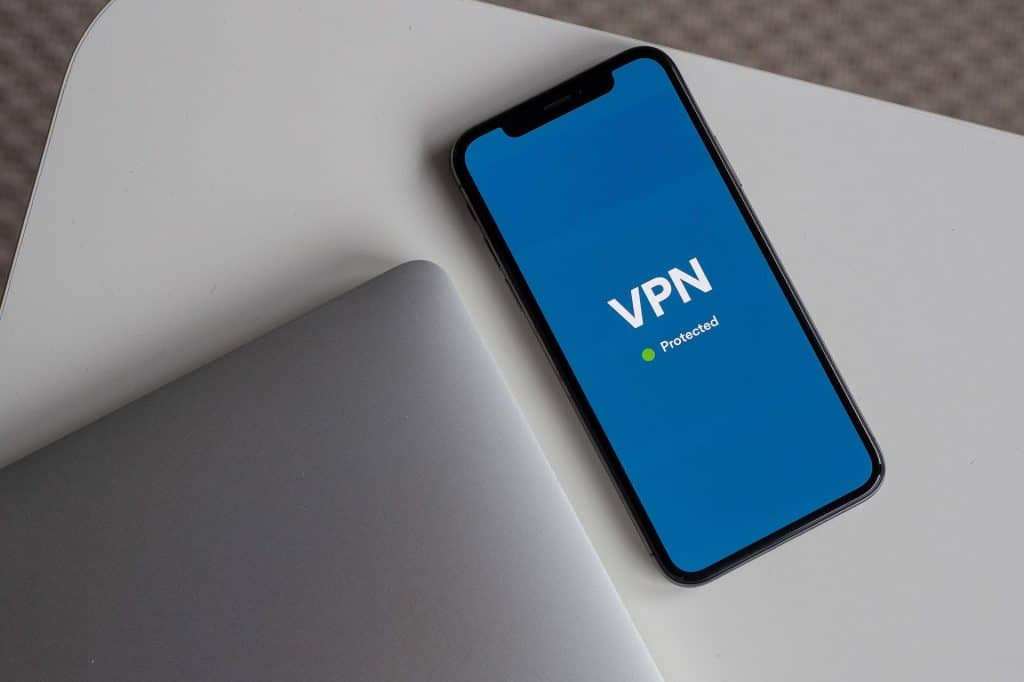Virtual private networks, or VPNs, have become an increasingly important part of the way we work and live. They allow people to connect to the internet securely without fear of data being intercepted or stolen. VPNs are also a great way to access blocked websites and streaming services from anywhere in the world. A VPN works by creating a secure connection, or tunnel, between your device and the VPN server. This tunnel is encrypted, meaning that your data is hidden from anyone who might be trying to spy on it. This makes VPNs a great tool for keeping your data safe and private, whether you’re working from home or traveling abroad.
VPNs are also great for streaming video content. By connecting to a VPN server in the United States, for example, you can access US-only streaming services. This is great for travelers who want to watch their favorite TV shows and movies while on the go. If you’re looking for a way to keep your online activities safe and secure, a VPN is the perfect solution. Here’s more on how these private networks are changing the way people navigate the internet.
Traditional Networks vs. Virtual Private Networks

VPNs have been around for a while, but they are becoming increasingly popular as people are starting to understand their usefulness in business settings. This is because VPNs create a new IP address that is used to send and receive data rather than the user’s actual IP address. The user’s identity and location are completely hidden and cannot be tracked. So, individuals are increasingly using a dedicated IP address for work and business purposes. VPNs are a great way to keep your online activity private and are perfect for using when you want to access blocked websites or content. They are best for securing private communications, protecting against identity theft, bypassing geographical restrictions, securing wireless networks, and accessing corporate resources from remote locations. VPNs are also being used to replace traditional networks because they are more secure and can be accessed from anywhere, which makes them a good choice for businesses with remote employees.
Protecting Sensitive Information
VPNs allow you to connect to a remote server securely. This can be used for a number of reasons, but one of the most common is to protect sensitive information. When you connect to a VPN, all of your traffic is routed through that server. This means that anyone who is trying to spy on your website traffic will only see the traffic from the VPN server, not from your computer. This makes it much more difficult for someone to track what you are doing online. When you connect to the internet, you are trusting your data and privacy to the service provider you are using. This is especially useful when you are using public Wi-Fi, which is notoriously insecure. Moreover, your internet service provider (ISP) can see everything you do online, and that’s why you need a private network.
Bypassing Censorship

Private networks can also be used for bypassing censorship, as they can allow you to access blocked websites and services that are normally unavailable in your country. This is especially useful for people living in countries with restrictive internet censorship laws, such as China and Iran. Because the VPN server is usually located in a different country, it can help you bypass censorship and geo-blocks. Your traffic is routed through a secure tunnel, making it difficult for anyone to track or monitor your online activity. And by encrypting your traffic, VPNs make it difficult for anyone to track your online activity or steal your data while accessing a restricted site.
Overall, VPNs are a great way to keep your data safe and secure when using the internet. They are easy to use and can be used on a variety of devices, including computers, smartphones, and tablets. If you are looking for a way to keep your data safe online, then a VPN is the perfect solution for you. It’s important to find a hosting provider with a dedicated server who can provide you with secure access as you use the web.
Caroline is doing her graduation in IT from the University of South California but keens to work as a freelance blogger. She loves to write on the latest information about IoT, technology, and business. She has innovative ideas and shares her experience with her readers.






